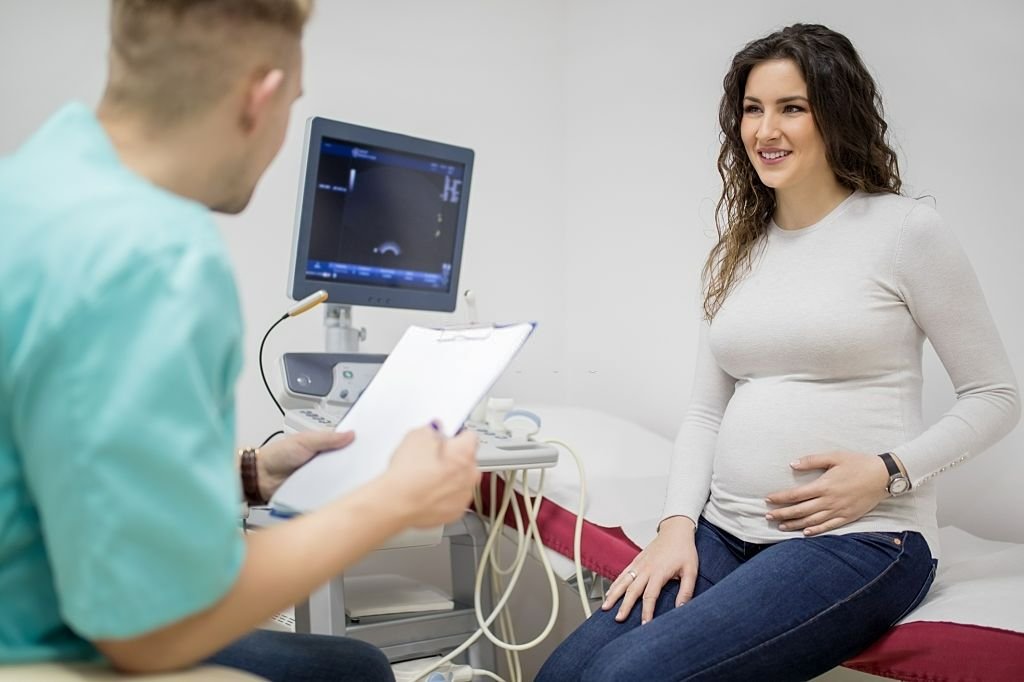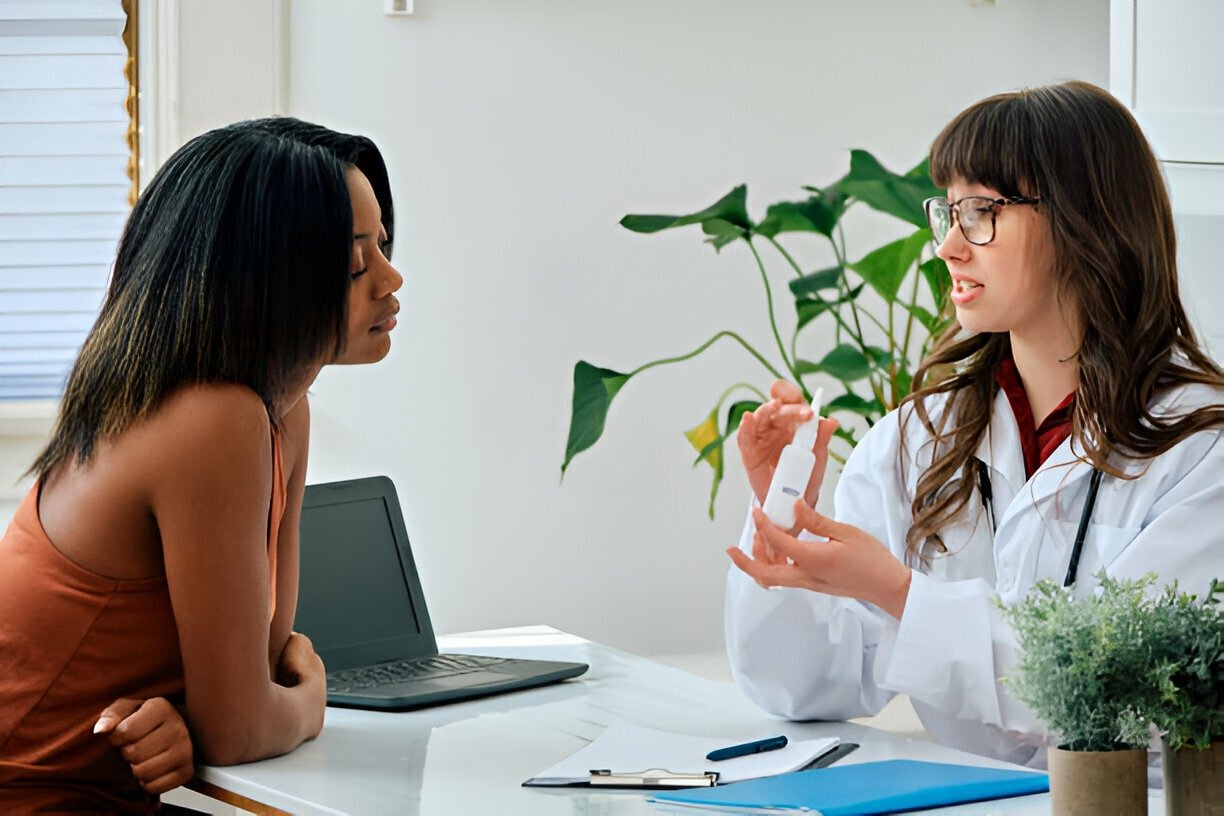Reproductive health is not a priority for most Indian women, especially those living outside of urban areas. As a result, women face a variety of health issues throughout their lives.
In a country like India, where tradition demands conservatism, women do not attend Gynaecologists regularly for a standard health check-up. Many people are hesitant to see a Gynaecologist.
In this article, Dr Shweta Shah who is one of the best Gynaecologists and Obstetricians has discussed the importance of visiting a Gynaecologist. She has a decade of expertise in obstetrics and gynaecology.
What are the benefits of seeing a Gynaecologist?
It is critical to see a Gynaecologist at least once a year, beginning in your teens and continuing throughout your life, to maintain the reproductive system’s health.
The following are some of the topics that a woman should discuss with her Gynaecologist:
- Menstruation
- Fertility
- Pregnancy.
Menstruation changes throughout a woman’s life, depending on her body’s health and various stages, including pregnancy.
PCOS (polycystic ovarian syndrome), fibroids, breast diseases, and anomalies of the female reproductive tract should all be discussed with a Gynaecologist.
Once a woman is sexually active, she should talk to her Gynaecologist about family planning, contraception, sterilisation, and other reproductive issues.
Why should you consult a gynaecologist?
If you have an adolescent daughter, make sure she understands the importance of her sexual health by taking her to the doctor regularly. She could have questions about her body, and taking her to the doctor can help her get those questions answered.
It’s also a good idea for your daughter to start building a relationship with a Gynaecologist now so that she’ll be more open to such discussions in the future. You’ll be able to share any health concerns you have for her as well.
Why should pregnant women see a Gynaecologist?
According to Dr Shweta Shah, Pregnancy is another significant moment in your life when you’ll need the help of a Gynaecologist the most.
Throughout your pregnancy, a doctor will keep track of you and your baby’s health. The doctor will conduct regular screenings for diabetes, blood pressure, and miscarriage prevention.
What is the role of a Gynaecologist?
Doctors monitor and care for women with high-risk pregnancies who may develop bleeding or infection, as well as those with gestational diabetes or kidney infections, throughout their pregnancy.
Women must be examined for a variety of diseases and difficulties, as well as receive regular Gynaecological advice on a variety of topics. Screening for STDs (sexually transmitted diseases) is also included.
When should you go see one?
A Gynaecologist appointment is advised for annual screening and any time a woman has concerns about symptoms like pelvic, vulvar, or vaginal pain or irregular uterine bleeding.
Gynaecologists typically treat the following conditions:
Family planning issues, such as contraception, sterilisation, and pregnancy termination, relating to pregnancy, fertility, menstruation, and menopause
- ligaments and muscles that support the pelvic organs are causing complications
- sexual incompatibility
- sexual incompatibility
They can also help with:
- depression and personality problems are examples of mental disorders.
- Diabetes, thyroid abnormalities, and other hormonal problems are all linked to cardiovascular disease.
- osteoporosis caused by domestic abuse and sexual assault
- Preventive medicine may involve lifestyle advice on topics such as quitting smoking and losing weight.
What to expect at your Gynaecologist’s clinic?
- Health History: You will be asked general health-related questions regarding your family and personal history. You will also be asked questions about your personal habits, such as drinking, smoking, using drugs, and your sexual preferences.
- Pelvic exam: Your doctor will examine your vagina, vulva, and cervix from the inside and out. She’ll do her best to make it as painless as possible.
- Breast exam: Your doctor will examine your breasts for lumps or other abnormalities.
- STD tests: You may get tested for sexually transmitted illnesses and HIV at your request or if your doctor orders it. It can be done by obtaining blood samples or vaginal samples.
You can discuss the findings of the tests with your Gynaecologist after all of the tests have been completed. If additional evaluations are required, you may be counselled on a variety of issues.
Mammograms or bone density tests may be requested by your Gynaecologist. In order to boost your health, your doctor may suggest that you take supplements such as calcium, iron, and folic acid, says Dr Shweta Shah.











